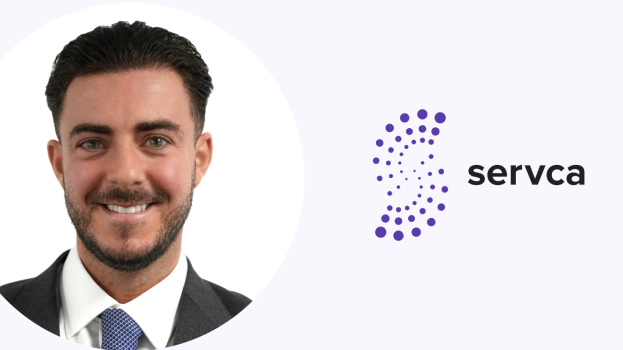Commercial Insurance for Medical Indemnity – Part 01
Commercial Insurance & MDO Medical and Discretionary Cover in relation to Medical Indemnity.
Blog
December 13, 2018

Commercial Insurance - A Topic for Debate
On the 6th of December 2018, the Department of Health & Social Care (DOHSC) released a 50-page document on the concerns of medical indemnity cover and its stability in the long term, specifically outlining the risk of discretionary memberships and policies for both practitioners and patients alike.This article has been produced by Dr Rajadurai, MD of Servca - to explore some of the concerns raised by the DOHSC so that healthcare practitioners can make better informed decisions when choosing an indemnity provider.
What is the difference between Commercial Insurance Policies & MDO Memberships?
Commercial Insurers offer contract certain coverage. Policy specifics are outlined in the policy. It is a contractual agreement that clearly states all the terms and conditions of cover and any relevant exclusions or subjectivity of cover.MDO’s provide discretionary indemnity memberships. Membership benefits may include a range of services including medical indemnity, medicolegal advice and assistance although there is no contractual or legal obligation for the MDO’s to provide their membership benefits.Table 1.0 Current provision of Cover (summarised from the DOHSC report)
What is the concern with Discretionary Cover?
Memberships through discretionary indemnity providers are raising serious concerns because there is no contractual or legal obligation for them to pay for the claims of their members that they represent.This can impact both the healthcare practitioners who may feel resentful at not receiving the appropriate representation that they have paid for, and it may also impact the patient who may not receive the access to the redress that they are due, if negligence is proven.Furthermore, because of non-regulation of discretionary indemnity providers - they do not need to reveal their financial security.With claims values dramatically increasing as a result of increased frequency in claims notifications and increased legal fees, it is vital to ensure that discretionary indemnity providers have the appropriate financial reserves to be able to represent all their members adequately.As a result of the above, we are already seeing an upward trend where some discretionary indemnity providers are being forced to: (i) decline representation for a greater number of claims (under their discretionary right to do so) (ii) increase their costs of indemnity to balance their overall book (iii) seek insurance or re-insurance solutions to help with claims over a certain value (iv) decline membership to certain high risk specialities of healthcare practitioners .Conclusion to Part 1:The dynamics of medical indemnity are changing. Healthcare practitioners are now exploring different avenues of indemnity and are learning the differences between the various options.The consultation released by the DOHSC is the first step in a much needed reshape in the medical indemnity arena.As an owner-managed independent Medical Indemnity Broker at Lloyd’s, we believe in educating healthcare practitioners about indemnity and the options that are available to them. We proudly provide coverage for hundreds of practitioners, associations, clinics and medical establishments throughout UK, Europe and North America and we’d love to help you too.To learn more, or offer your feedback please visit our website www.servca.co.uk or contact Dr Edwin Rajadurai in the strictest of confidentiality:T: +44(0)207 8469010M: +44(0)747 424 6616E: erajadurai@servca.com


